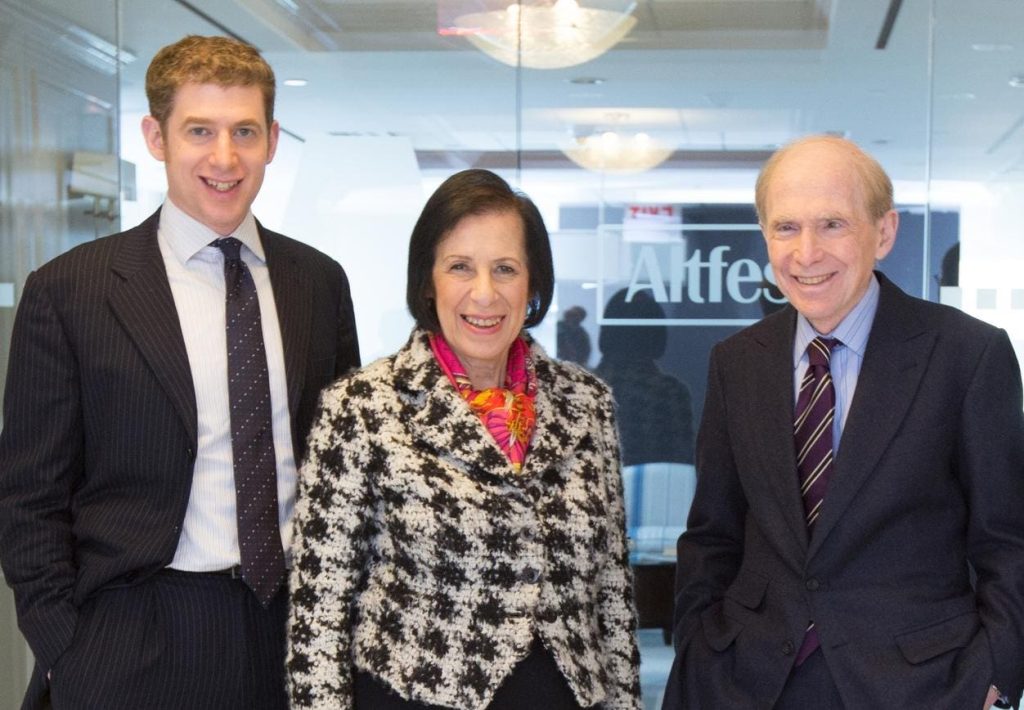The article explores the shift toward fee-only or fiduciary financial planning models, where advisors are more focused on clients’ best interests than their clients’ own financial security. Historically, in the 1980s, financial advisors relied on commission fees or percentages of assets, often driven by sales and marketing campaigns to pitch themselves the most lucrative plans. In contrast, many advisors now submit proposals on their best terms, as they suspect brokers and salespeople are greedily chasing clients’ imagination rather than their long-term goals.
Lewis Altfest, 84, is widely celebrated for being the originator of this new model. In 1983, he co-founded L.J. Altfest & Co after leaving Lord Abbett & Co, where he was director of research. Altfest recalls that “you can’t make money in fee-only financial planning,” and during his days as a sales agent, he explained to clients, “Not everyone is good at financial planning. We’re all different. That’s the key.” Despite his former role as a broker, Altfest remains a pioneer in the fee-only model design, coining the term “fiduciary” to distinguish it from passivie models driven by individual commissions.
Altfest’s approach has brought a significant shift in the financial industry. Starting as an intern in 1985, he worked his way up through the firm, eventually becoming its CEO and president. He emphasizes the importance of advising women toward balance and education, addressing a growing gap in the traditional male-dominated profession. Altfest’s wife and eldest son, Andrew, 44, take on key roles, with Andrew often operating from home while his wife focuses on executive work, evidence of his wide-ranging experience.
The firm’s portfolio has evolved from lightweight segregated funds with fixed assets to a more diverse range of assets, including individual stocks, active managers, and publicly traded real estate companies like American Tower and Public Storage. In recent years, Altfest has been integrating Bitcoin into its portfolio, with the firm’s own ETF (Fidelity Wise Origin Bitcoin Fund) highlighting the firm’s commitment to innovation and diversification.
Altfest’s current strategy centers on distressed real estate, whereseeking affordable properties can provide unreasonable leverage against underlying market conditions. For example, Altfest now purchases houses priced at $3,000 to $5,000 even for single-family homes. The firm’s strength lies in its leadership team, which is investing heavily in distressed mortar and constructing new properties in markets ranging from the Northeast to the South. “Distressed single-family homes are our biggest focus, but we also buy land parcels and sometimes new construction,” Altfest remarks, noting that the firm’s new fund carries GLIFX, a hedged listing for U.S. dollar risk.
The firm’s first solid fund was launched in 2021, supported by a seed fund in 2019. This strategy has been particularly effective, with 10% of the firm’s 40 clients now solely dedicating their resources to real estate. The Altfests are optimistic about the future, predicting strong returns for 2025, as the S&P 500 had surpassed 20% in the prior two years. However, they acknowledge the significant challenge of addressing inflationary pressures, as the Fed is expected to hold interest rates lower than previously anticipated.
As the central bank evaluates the U.S., Altfest remains focused on the Fed’s stance and the resilience of financial markets. He notes that while inflation remains a concern, current valuations leave little margin for error. He warns that market cycles are ongoing and stressed periods may bring nrowship. However, he also urges clients to remain vigilant, with a reminder of the allure of investing in finance, such as utilities and dok tốt for increasing power demands.
In conclusion, the Altfesters advocate for a more inclusive and innovative financial model, where advisors are at the center of clients’ decisions rather than the backbone of the financial industry. While challenges remain, their determination to compete innovatively and support underserved markets signals a promising path forward.










